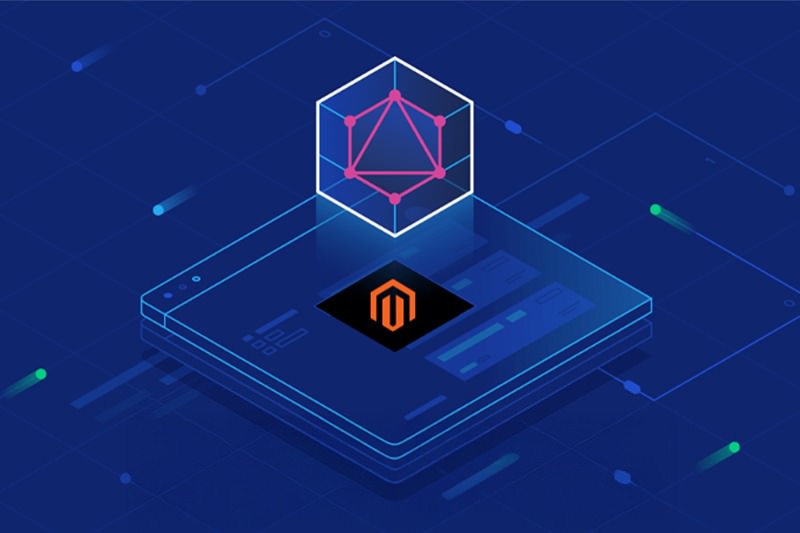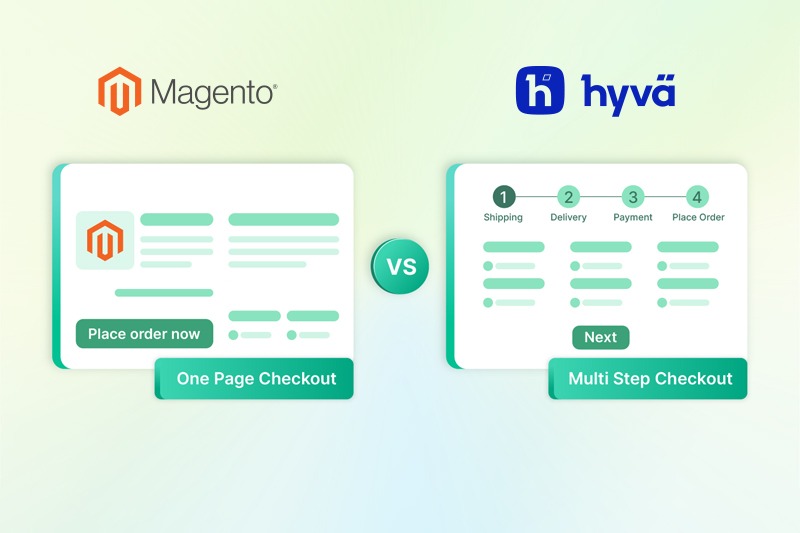
Magento 2 Integration with ERP, CRM & Payment Gateways: A Complete Technical Guide
by Rahul Basu
July 30,2025
In the fast-paced world of ecommerce, Magento 2 reigns as a leading platform—but growth demands connectivity. Integrating Magento 2 with ERP systems, CRM platforms, and payment gateways ensures your operations run like clockwork. And for merchants who value precision and performance, partnering with a Magento agency in Berlin or Magento 2 agency can make all the difference.
This guide walks you through the why, how, and best practices of connecting Magento 2 to your business-critical systems for a seamless, scalable future.
Why Integration Matters for Magento 2 Businesses
- Streamlined operations: Avoid manual data imports by syncing orders, stock, and payments automatically
- Fewer errors: Automated data flows reduce mismatches and data silos
- Increased scalability: Expanding product lines or channels becomes smoother with a unified backend
- ERP Integration
- Single source of truth for inventory, orders, customer records, financials
- Real-time sync thanks to API or connector-based integration
- Forecasting, demand planning, and financial reporting all unified
- Point-to-Point: Basic, code-based integration for smaller setups—but limited scalability
- Middleware / ESB / iPaaS: Ideal for larger operations needing multi-system orchestration—often used in headless architectures
- Begin with clear business goals
- Map SKU attributes carefully
- Test endtoend workflows thoroughly
- Build flexible mapping for future growth
- CRM Integration
- Personalized marketing
- Unified contact management
- Automated lead capture
- Via REST/SOAP APIs, custom modules, or middleware platforms
- Ensure GDPR compliance & secure customer flows
- Push order and customer data from Magento to CRM automatically
- Payment Gateway Integration
- Reduces cart abandonment
- Supports global payments and local methods
- Enhances trust with fraud tools and secure transaction flows
- Native gateways: PayPal, Braintree, Authorize.Net can be enabled directly in Magento
- Plugins/Extensions: Install modules for Stripe, Klarna, worldpay, Square, etc.
- Custom modules: Ideal for niche regional providers or a tailored checkout flow via Magento’s API
- Register a payment module under app/code/...
- Configure API credentials in Magento Admin
- Adjust payment.xml and UI templates
- Test in sandbox before merging to production
- Assess your tech stack and goals
- Choose integration type (extension, API, middleware)
- Map data models (products, orders, customer records)
- Develop and test modules carefully
- Deploy through CI/CD pipelines
- Monitor activity with dashboards and logs
- Train your operations and support staff
Why Choose a Magento Agency in Berlin
Working with a certified Magento 2 agency in the Berlin area offers major advantages:- Local timezone support & face-to-face collaboration
- German engineering rigor in testing and quality assurance
- Expertise with EU regulations, GDPR, and multilingual deployments
- End-to-end service from integration to training and support





